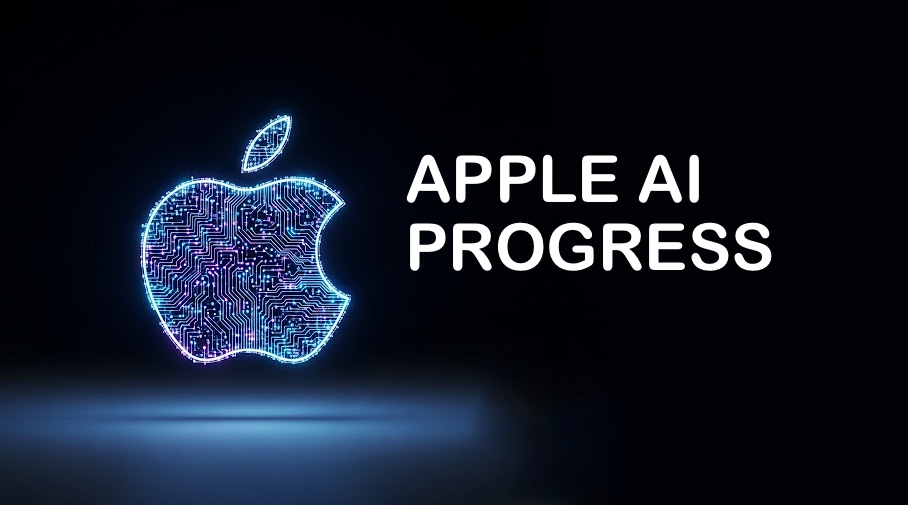Some Apple executives reportedly think the AI-powered chatbot the company developed in-house is comparable to recent ChatGPT versions. And there’s internal pressure to connect the Siri voice assistant to it.
If true, this shows that while Apple isn’t at the forefront of AI, neither is it languishing at the back of the pack.
Apple AI chatbot is ‘on par with recent versions of ChatGPT’
When Apple introduced Siri in 2011 with the iPhone 4s, the virtual assistant made waves as a revolutionary example of artificial intelligence in action. But it didn’t noticeably improve over the years, which became painfully obvious in 2022 when OpenAI and ChatGPT showed the world what AI is capable of. Since then, Apple archrival Google brought out its own AI chatbot, and other companies have done the same.
But not Apple. It floundered, with a high-profile effort to update Siri with new AI-powered features seriously postponed.
Still, Apple fans can take heart from a new report. “The chatbot the company [Apple] has been testing internally has made significant strides over the past six months, to the point that some executives see it as on par with recent versions of ChatGPT,” according to a Bloomberg article published Sunday.
So just because Apple hasn’t launched an AI chatbot doesn’t mean it’s not making progress in artificial intelligence.
Users might well gain access to it eventually, as the same report says some Apple executives want to turn Siri into a chatbot like ChatGPT, Google Gemini and others. A project called LLM Siri is reportedly ongoing in Zurich, Switzerland.
Why so slow?
Those wondering why Apple seems behind its competitors might look to John Giannandrea, who Apple poached from Google in 2018 to run its artificial intelligence efforts.
“Giannandrea has argued internally that AI agents are still many years away from replacing humans in a meaningful way, and that most consumers share his distrust of generative artificial intelligence,” said Bloomberg, basing the information on leaks from Apple employees.
As he doesn’t see much value in AI chatbots, he resisted efforts to make Siri into one. But Apple booted him from running Siri development in April, with Mike Rockwell now responsible for upgrading the voice assistant.
Beyond changing priorities, Apple also faced technology problems. Siri was developed long before recent breakthroughs in AI via large language models. In simple terms, Siri is essentially a large database containing commonly asked questions and their answers.
Rather than replacing the outdated system, Apple reportedly tried to merge the old version with a new one based on a large language model. That didn’t go well, delaying efforts to release an AI-enhanced Siri.
Apple’s next developer conference kicks off June 9. And while WWDC25 should bring new versions of iOS, macOS and other operating systems, how much the company will say about Apple Intelligence is anyone’s guess. The company surely won’t repeat the mistake of WWDC24, at which it promised an AI revolution that remains far from reality.


